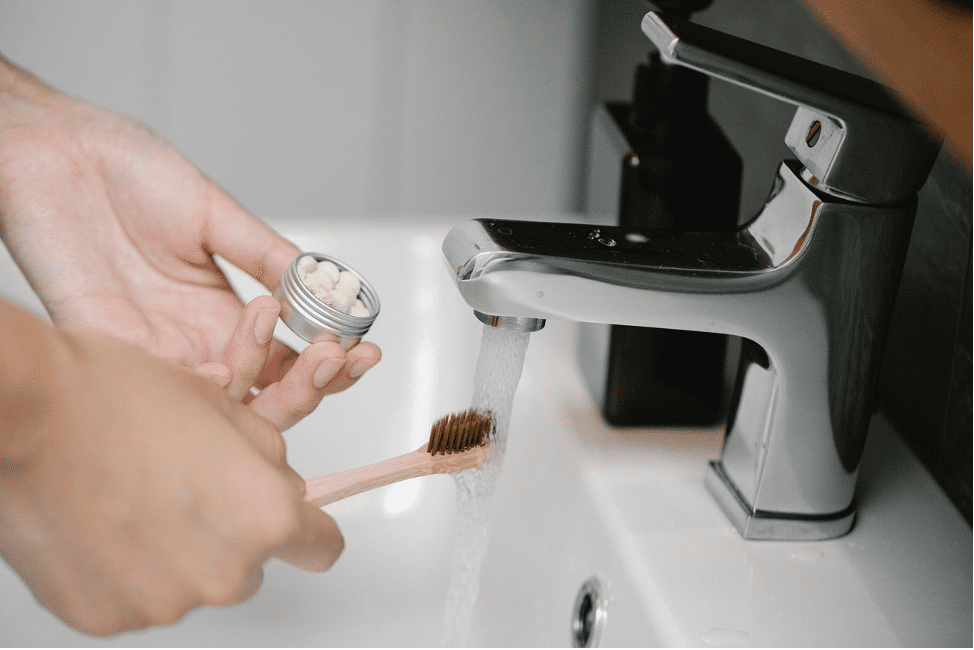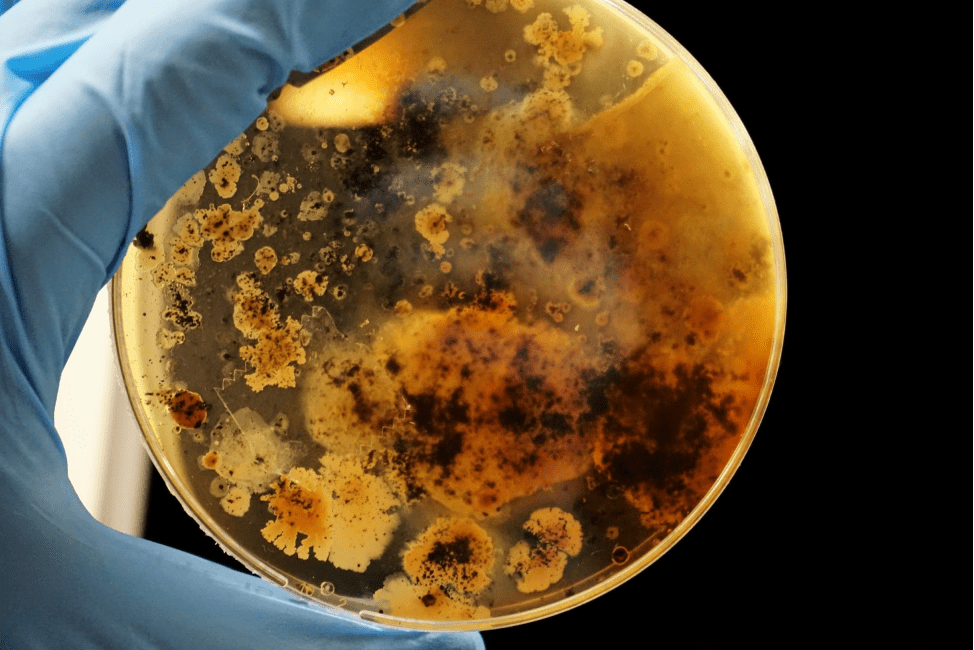How often do you think about what’s in your wastewater? Probably never, right? Well, this professor from Washington State University in St. Louis decided to take a different route.

Pexels | The average person in a domestic household produces 200-300 liters of wastewater per day
Dr. Zhen poses the question: why is wastewater waste? For most people, it's utterly useless after being contaminated but, for this Energy, Environmental, and Chemical Engineering expert, there's quite a lot of value in wastewater. For starters, it is filled with all organic materials – and its most valuable component, water, can not be forgotten.
Dr. He’s Latest Work
Building on the usefulness of wastewater, Dr. He’s lab has developed a system that recovers both the water and organic substances from wastewater, which creates electricity while filtering it. The journal Environmental Science: Water Research & Technology featured results from the experiment. The study uncovered that the organic substance in wastewater is food to bacteria, which can help convert the wastewater. According to the professor, the primary source of energy recoverable from wastewater is biogas and the secondary is bioelectricity.

LinkedIn, Dr. Zhen (Jason) He | Dr. He is the recipient of 3 granted US patents and the author of over 200 journal papers
But, There’s More to Gain
Dr. He’s accompanying researchers believe that technology similar in nature can be used for water desalination. These researchers argue that there are already ways to produce energy from wastewater utilizing bacteria but, what happens to the water, one of the most valuable resources? When filtered, even if this water can’t be used for drinking purposes, it can be used as “gray water”, which is used for toilet flushing or irrigation.
Hence, the researchers combined two processes – energy production and filtration – to set up the new system. Initially, the system was comprised of an electrode containing the bacteria.
Once wastewater was pumped into the anode, organic materials were consumed by the bacteria, which then release electrons, thereby creating electricity. However, keeping in mind the need to salvage the water, the updated system contains an anode made from a carbon cloth, conductive in nature. This dynamic membrane allows only 80-90% of organic substance can pass through, enabling the water to be clean enough for future use.
The only catch in this experiment is that the bacteria must be the type that can survive without oxygen. This is because in the presence of oxygen, the bacteria would dump electrons in it, instead of the electrode. So, as Dr. He states, it’s all about engineered selection.

Unsplash | Only bacteria like methanogens, bacteroides, and clostridium that can survive in zero-oxygen environments are useful
In the end, Dr. He’s system’s primary goal isn’t electricity production. Rather, it’s wastewater treatment and nutrient recovery.








